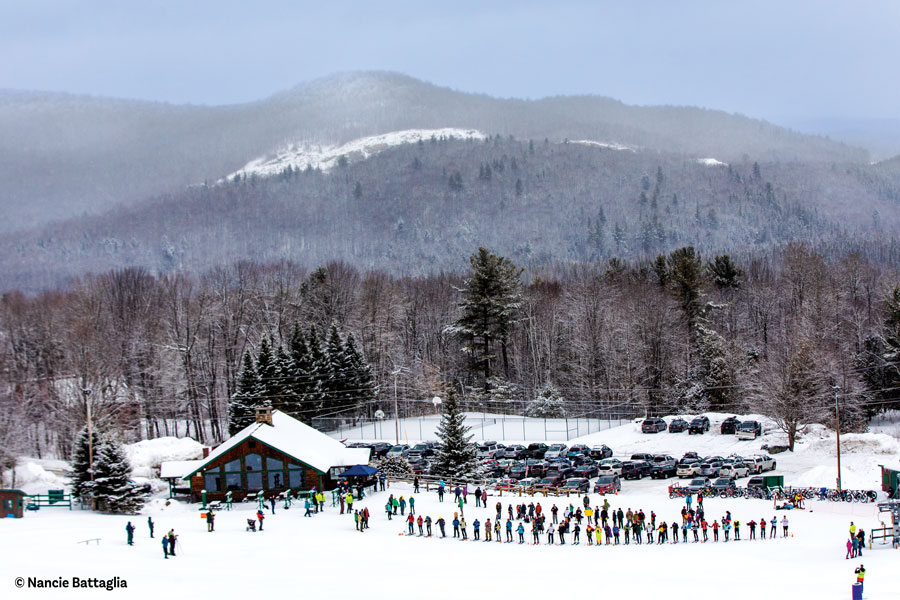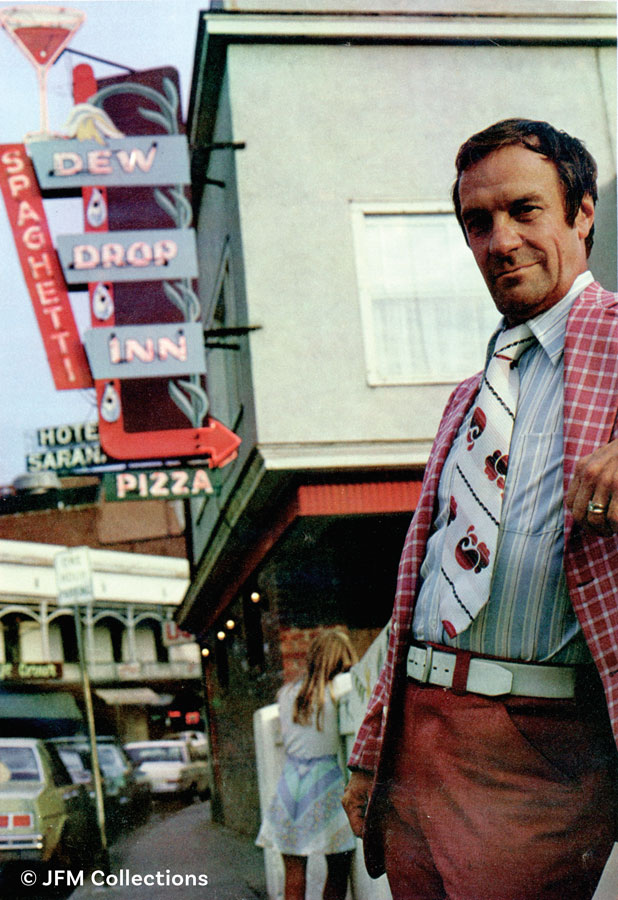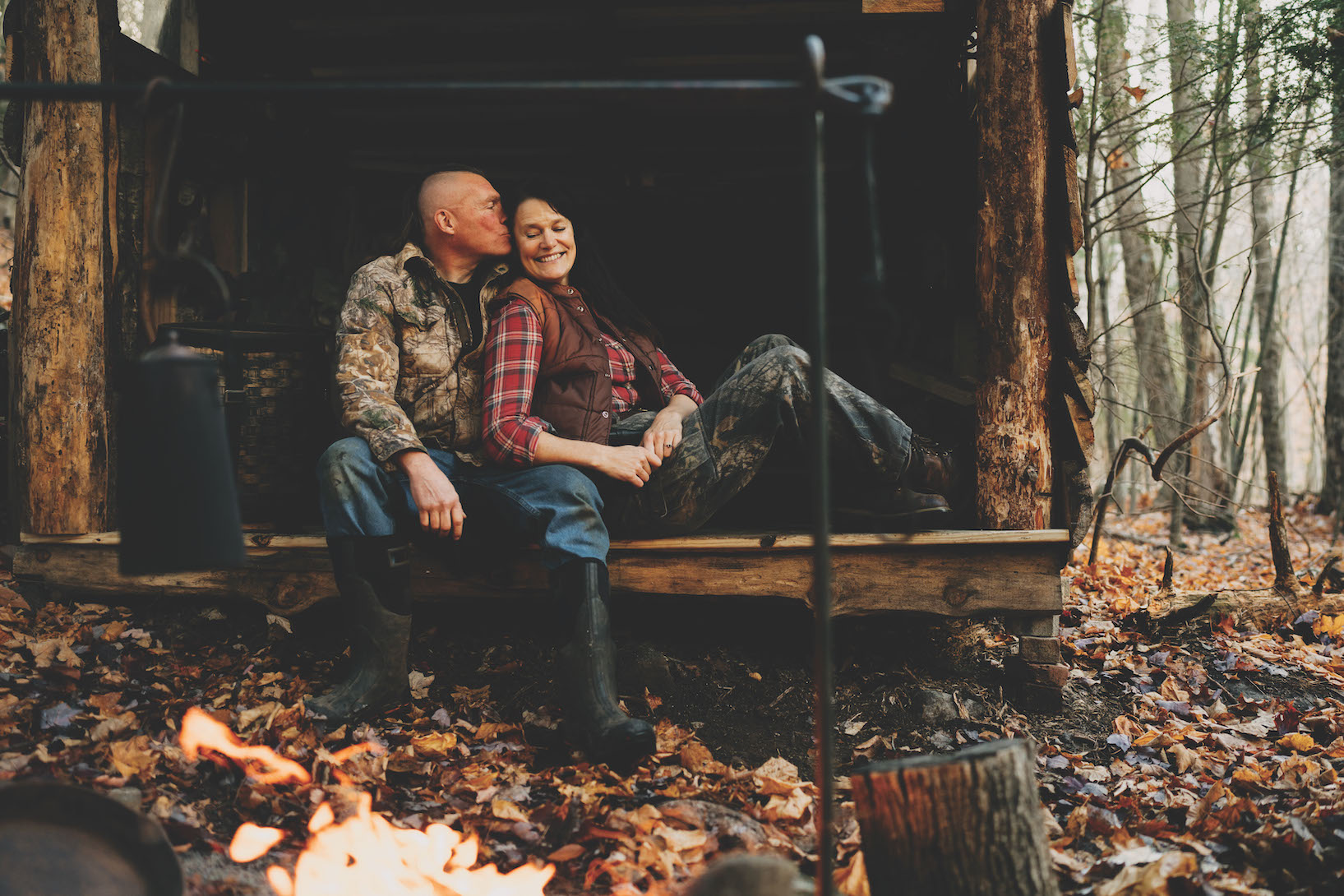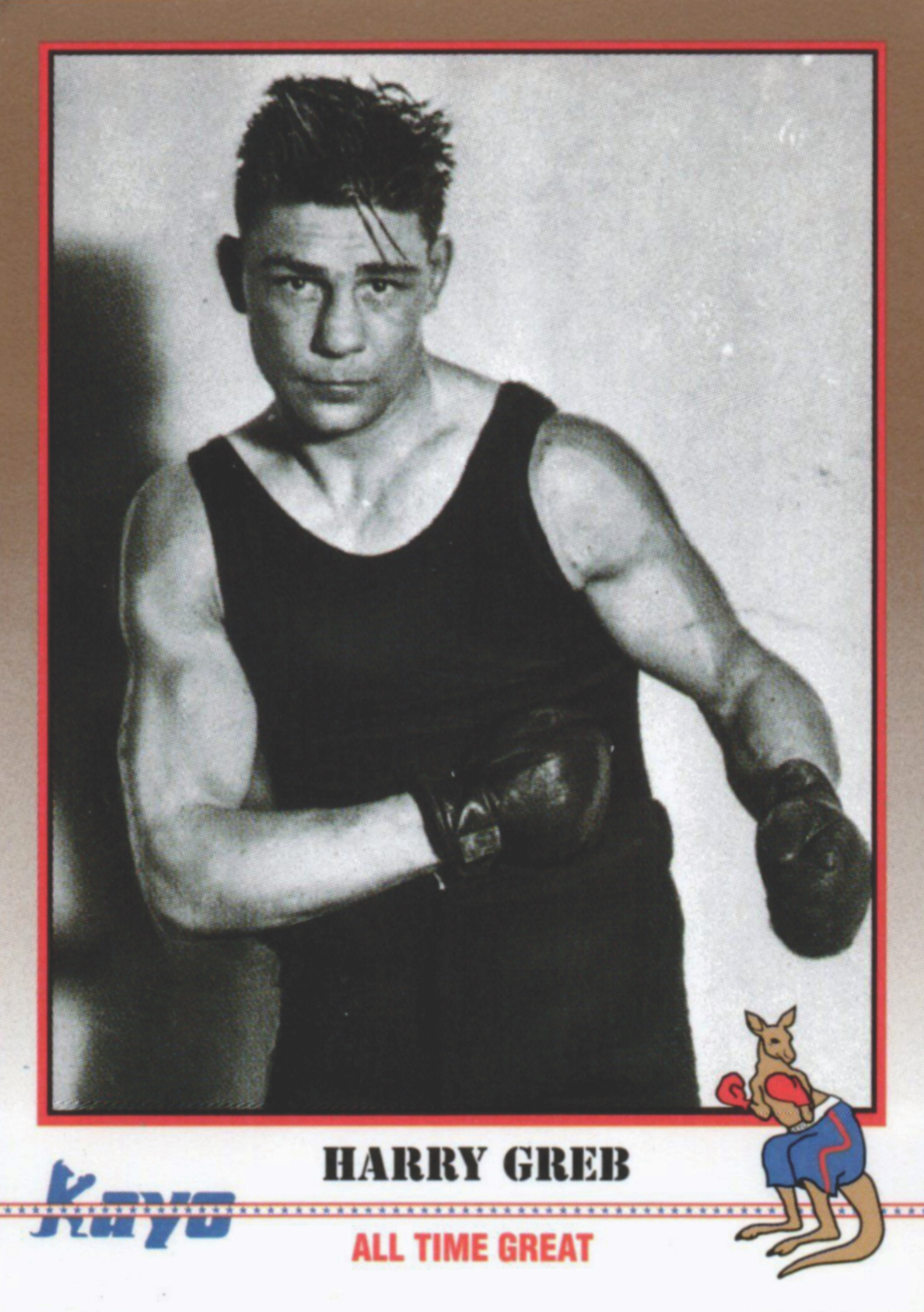Couples swayed to “By the Light of the Silvery Moon,” but the young man stood transfixed. He held his hands over his heart as he gazed up at the Scaroon Manor amphitheater. There, a tall singer trilled. Her long white gown and blonde curls shimmered in the spotlight so that she seemed to shine brighter than the moon hanging low in the summer sky. Music floated up from a 12-piece orchestra, but the man noticed only the singer. She was a looker, sure, but part of what pulled him was that powerful voice, a rich contralto. She accepted her ovation and disappeared behind curtains.
It was the summer of 1941; war raged in Europe and the first peacetime draft in U.S. history was underway. Suddenly the young man wished he hadn’t signed up for Officer Candidate School, even though he knew becoming an officer was his best chance of surviving World War II. The Navy required him to report for training in several weeks.
Her stage name was Eppie Bruce, and she was one of many promising young divas hoping her performances in Schroon Lake would propel her to stardom. Her real name was Frances Epstein, the 21-year-old daughter of Russian-Jewish, Yiddish-speaking immigrants. She took that name at the advice of her William Morris agent because he felt it sounded “less Jewish, more American.”
At Scaroon Manor, performers like Eppie didn’t need to conceal their heritage. The resort’s Hungarian-Jewish owner, Joseph Frieber, had long ago established his lakeside haven as a place that not only welcomed Jews, but catered to them. The slogan was “Scaroon Loves You,” and Frieber marketed the promise of rustic romance. Young Jews flocked to the resort in hopes of meeting a mate.
Eppie and her friends called the place “Screw’in Lake,” but she was the rare girl not seeking love; she was there to sing in a production by David Bines, the well-known Broadway director and designer who took his show to Scaroon Manor each summer. She wanted to be a star.
But love has a way of ambushing those who aren’t looking for it. The morning after she enchanted the young man, Eppie sat on a bench beside the tennis courts. Gone were the heels. She’d wiped away the red lipstick and mascara, transforming back into a fresh-faced ingenue in pigtails, shorts and bare feet. She looked up from her knitting to see a broad-shouldered man with blue eyes and a shock of black hair making a beeline for her. He wore shorts. She noticed that his legs were slender and graceful despite the muscularity of his upper body.
“Hi, I’m Lee. Leon Berk,” he said.
“Pleased to meet you, Lee. I’m Frances Epstein,” she said. “Did you just play tennis?”
“Handball, actually.” Lee wasn’t the sort to mention he had been the handball champion of Brooklyn. So he only said, “It was quite a game.”
“You don’t say,” she said.
“Say, Fran, are you on staff?” he pounced.
“Yes, I’m…” she replied.
“Can you introduce me to that tall blonde singer who was on stage last night? Her name is Eppie Bruce.”
She wondered if he was teasing and wouldn’t take the bait. Eppie answered, “She’s a friend of mine. Come back tomorrow and I’ll introduce you.”
The next morning Lee returned. “So, where’s your friend the singer?”
“Why do you want to meet this gal so badly, anyway?” she asked.
Lee blushed and said, “Uh, my father, Murray, is a whistler. I want to see if she can get him in the act.”
Lee’s trip that weekend was supposed to be an adventure with his fraternity buddies from Bucknell University. They loved Scaroon Manor for the flirting and prime rib, the sports and shows. But this weekend Lee’s grouchy father, Murray, had insisted on accompanying him, scaring off Lee’s friends.
“Really? You want to talk to Eppie about your father?” she asked, with arched eyebrows.
“OK!” Lee said. “I want to ask her out.”
Eppie could contain herself no longer. “I’m Eppie Bruce. And I’m not tall. I was wearing high heels under that gown.”
Lee grinned. “Well then, would you like to go to dinner with me tonight, Eppie?” She laughed and suggested a time for him to pick her up.
Eppie and Leon were my grandparents, and this is where their Scaroon story always ended. In her scrapbook Eppie poses with a chorus of young black sisters on the stage, vamps for the camera with willowy blondes, and goofs around with various hopeful handsome young men under the “Scaroon Loves You” banner. Yet there are no shots of my grandparents together. Of their courtship at Scaroon, she would only say, “He swept me off my feet.” Grandpa Lee would never reveal whether he knew Fran and Eppie were the same girl from the start.
Through their decades of marriage, Lee always called my grandmother by her stage name, always kept her on a pedestal. The music of Scaroon Manor melded them together through World War II. Eppie’s reputation grew as a result of her Adirondack summers. She got gigs in nightclubs around the country, enabling her to visit Lee when he was stationed in San Francisco and Boston. They married in 1942, before he shipped out to the Pacific as a second lieutenant and navigator on a destroyer, USS Haynesworth. When Eppie discovered she was pregnant with my mother, she stopped performing and raised their daughter solo while my grandfather was at war. In 1945 there was a dogfight over Leon’s ship and a kamikaze plunged into the forward starboard gun mount, killing many of Lee’s crewmates. Lee survived and sang Eppie’s tunes to soothe himself as he navigated his damaged ship to the American naval base at Ulithi. Eppie became the siren who sang him to safety.
After the war they had two more daughters and sang together at every family wedding. My grandmother never became a star, but she continued to dress like one, wearing heels and nipped-waist suits to the supermarket. When we sang “Cuddle Up a Little Closer” together into wooden spoons, she reminisced, “I could have been famous.” My grandmother spoke of the road not taken with aplomb, remarking, “Ah well, but then there would be no you, my darling.”
How many loves, how many lives, were sparked at Scaroon Manor? Joseph Frieber sold Scaroon Manor to the owners of Bolton Landing’s Sagamore in 1960, who in turn sold the 240-acre property to New York State. The state burned the main structures in 1969, and nature proceeded to reclaim the amphitheater bit by bit. Generations of teenagers left graffiti on the bandshell and broken beer bottles among the crumbling concrete benches.
Scaroon Manor became a Department of Environmental Conservation day-use and camping area in 2011. The amphitheater has been restored and now serves as summer home to the Adirondack Shakespeare Company.
Long after Grandpa Lee succumbed to Alzheimer’s, I asked my grandmother if she’d like to take a side trip to see Schroon Lake on the way up to our camp on Piseco Lake. Eppie responded, “No, Honey. I want to remember it the way it was.”
My grandmother died last summer at the age of 94, singing as she left this world. This summer I’ll take my kids to the amphitheater to see Romeo & Juliet by the Adirondack Shakespeare Company as well as a children’s show called Songs of the Iroquois. We’ll roam the grounds as I tell them the story of two lovers who met there one moonlit evening, more than 70 years ago.
























